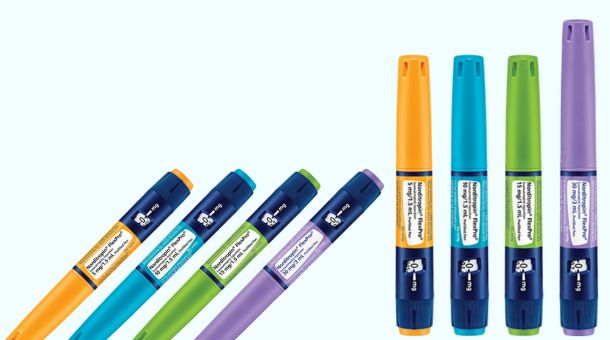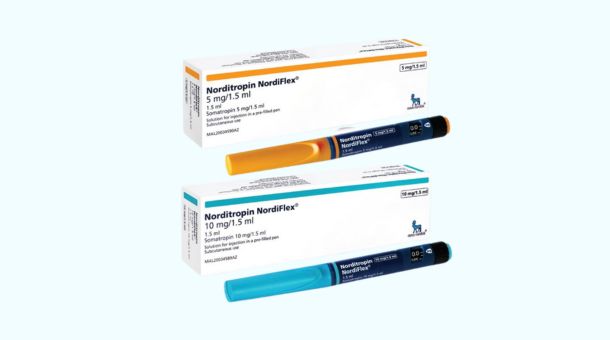Norditropin is a synthetic form of human growth hormone (HGH) that has been prescribed for various medical conditions, including growth hormone deficiencies.
A common query among those considering Norditropin therapy is, "How quickly does Norditropin work?" This question is pivotal, as it directly impacts the expectations and decisions of individuals embarking on this therapy.
In this comprehensive article, we will delve into the intricacies of Norditropin, exploring its mechanisms, factors influencing its efficacy, and the typical timeline for experiencing its effects.

Norditropin is a brand name for somatropin, a synthetic version of the human growth hormone.
HGH is a vital hormone secreted by the pituitary gland, playing a central role in growth, cell regeneration, and maintaining various bodily functions throughout life.
Norditropin is primarily prescribed for individuals with growth hormone deficiencies, whether due to medical conditions or ageing, to supplement their HGH levels.
To understand how quickly Norditropin works, one must grasp its mode of action.
Norditropin replicates the effects of natural growth hormone, prompting the liver to produce insulin-like growth factor-1 (IGF-1).
IGF-1 is a crucial factor in cell growth, regeneration, and repair. Additionally, Norditropin has direct effects on tissues and organs throughout the body.
Norditropin therapy can usher in a spectrum of physical and physiological changes over time.
However, the speed at which these effects become evident varies from person to person. Common effects of Norditropin therapy include:

The rate at which Norditropin produces noticeable effects depends on various factors:
The prescribed Norditropin dosage varies based on individual needs and the severity of the growth hormone deficiency. Higher doses may lead to faster results but can also increase the risk of side effects.
Children generally respond more swiftly to Norditropin treatment than adults, as their growth plates are still open, allowing for an increase in height.
Long-term Norditropin therapy often yields more pronounced results than short-term use. Consequently, patience is essential for experiencing the full benefits.
Consistency in adhering to the prescribed Norditropin regimen is vital for optimal results. Skipping doses or discontinuing treatment can hinder progress.
Each individual's body responds differently to Norditropin. Genetic factors, metabolism, overall health, and baseline HGH levels can influence the rate and extent of Norditropin's effects.
Beginning Norditropin therapy represents a significant decision for those grappling with growth hormone deficiencies. Here's a glimpse of what you can anticipate during your treatment:
Your healthcare provider will conduct a thorough evaluation, including blood tests and physical examinations, to determine the appropriate Norditropin dosage tailored to your needs.
A personalized treatment plan will be devised, factoring in your unique circumstances and goals.
Some individuals might experience increased energy, improved sleep quality, and enhanced mood within the first few weeks of Norditropin therapy.
Changes in height, muscle mass, and body composition may become evident within a few months to a year, contingent upon individual factors.
You will undergo periodic check-ups and blood tests to ensure that Norditropin is functioning as intended. Dosage adjustments may be made as required.
A balanced diet and regular exercise can complement Norditropin therapy, amplifying its benefits.
Norditropin offers a viable treatment option for individuals grappling with growth hormone deficiencies, ushering in a host of physical and physiological benefits.
However, the speed at which Norditropin takes effect varies considerably from person to person, depending on factors such as dosage, age, compliance, and individual variability.
It is crucial to approach Norditropin therapy with patience and a long-term perspective, as the most significant transformations typically occur over several months to years.
Before embarking on Norditropin therapy, seek guidance from a qualified healthcare provider who can assess your condition comprehensively and steer you through the treatment process.
Keep in mind that Norditropin is a prescription medication, and its use should be closely monitored by a medical professional to ensure safe and effective results.